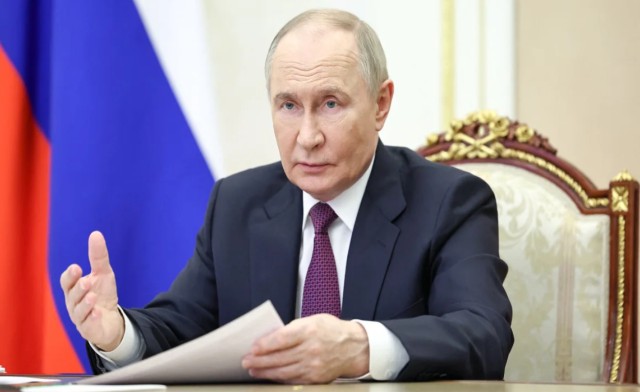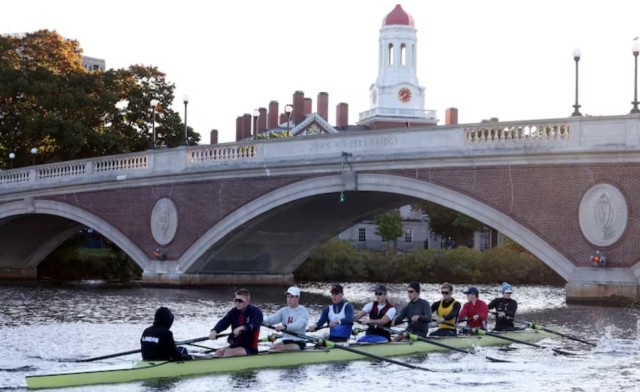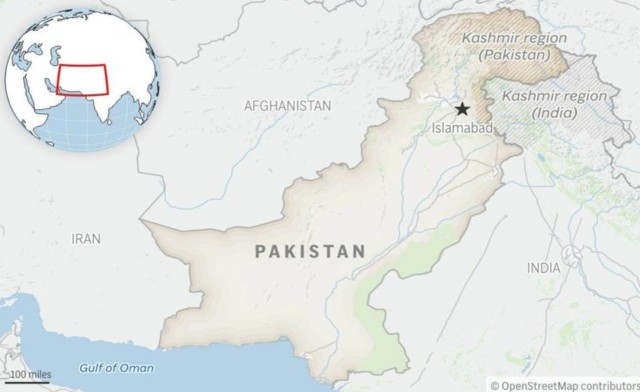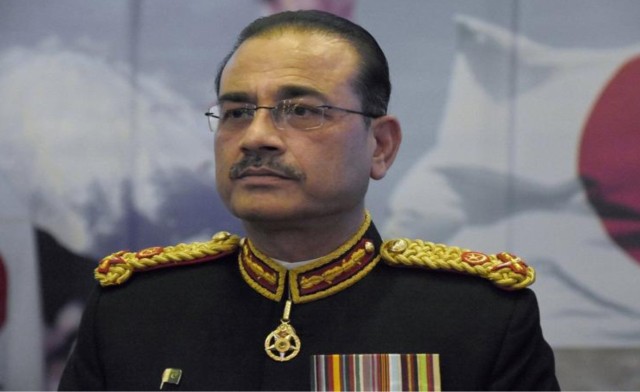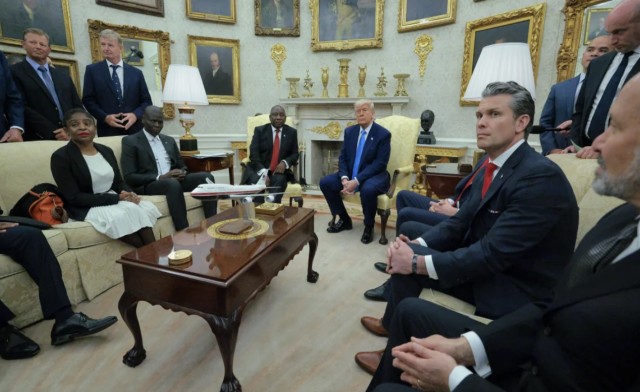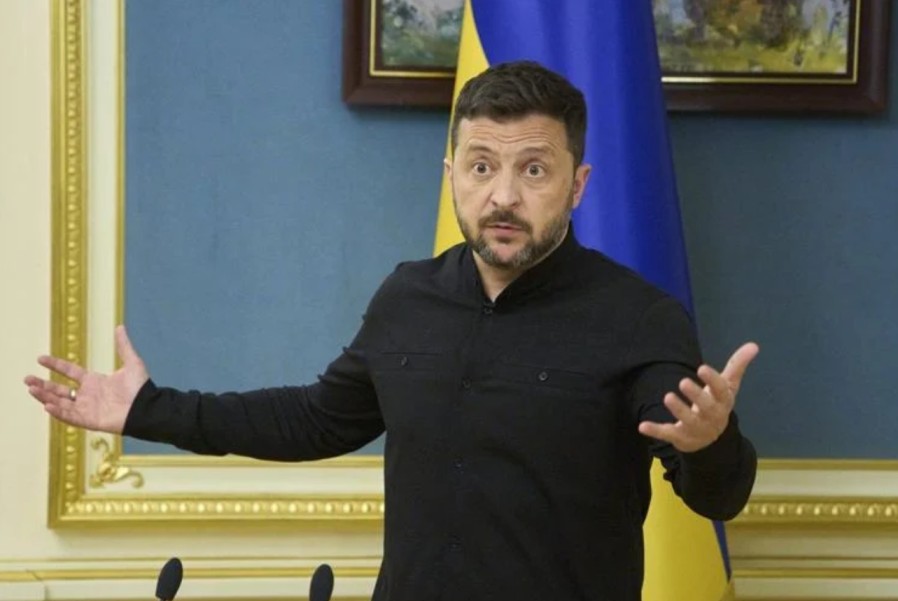
European Commission President Ursula von der Leyen (left), British Prime Minister Keir Starmer (center) and European Council President Antonio Costa (right) pictured at the UK-EU Summit in London on May 19, 2025. (Getty Images)
After years of tension and uncertainty, the United Kingdom and European Union have taken a bold step forward. A sweeping new agreement aims to reset relations nearly a decade after Brexit fractured the long-standing partnership.
Announced at a high-profile summit in London, the deal covers trade, migration, defense, and mobility. Leaders on both sides described the pact as a turning point, signaling a shift from hostility to cooperation. “We’re opening a new chapter,” said EU Commission President Ursula von der Leyen. UK Prime Minister Keir Starmer called it a moment for Britain’s global comeback.
While the deal offers fresh hope for unity, critics have raised concerns about national sovereignty, especially from Britain’s populist right.
Trade Barriers Fall, Food Costs Could Drop
One of the most crucial parts of the agreement is the easing of trade barriers. British exporters, especially in food and drink, have long suffered under excessive bureaucracy post-Brexit.
That’s now changing. The deal removes many routine checks on animal and plant products. The goal? To reduce costs and speed up the movement of goods across borders.
Downing Street said these changes could help lower food prices and expand choices for British consumers. Still, the UK stays outside the EU’s single market and customs union.
The EU remains the UK’s largest trading partner, accounting for 41% of exports and more than half of imports in 2024. The updated trade terms are expected to benefit both farmers and consumers across the continent.
Additionally, EU fishing vessels will continue to have access to British waters until 2038 — a 12-year extension beyond the current agreement. In another energy-boosting move, Europe will now allow the UK access to its electricity market, which could improve energy security and lower household bills.
Defense Ties Strengthened Amid Global Threats
Russia’s war in Ukraine and US policy shifts have pushed Europe and the UK closer in defense. This made security cooperation one of the easiest parts of the new deal.
A formal UK-EU defense pact has now been sealed. British firms will be allowed to compete for Europe-wide defense contracts, enhancing military readiness and closing capability gaps.
Von der Leyen highlighted this move as a critical step toward shared resilience. Starmer and French President Emmanuel Macron have also become key voices urging unified European support for Ukraine.
Youth Mobility and Education See a Comeback
The deal introduces a youth mobility scheme to make it easier for people under 30 to live and work across the UK and EU.
While not a full return to freedom of movement, both sides see mutual value in giving younger generations cross-border opportunities.
There’s more good news for students too. The UK is set to rejoin the popular Erasmus exchange program, allowing students to study across Europe once again.
“This will build friendships that last a lifetime,” said von der Leyen.
Britons traveling to the EU will also be able to use fast-track e-gates at airports, just like EU citizens.
Political Risks Remain at Home
Despite the positive headlines, the deal has reopened some of Brexit’s old wounds. Starmer faces backlash from right-wing leaders like Nigel Farage, who claim the agreement surrenders UK sovereignty.
The fishing access extension has especially drawn fire. Critics argue Britain is once again becoming subject to Brussels’ rules.
However, public sentiment leans toward restoring stability with Europe. Polls show growing regret over Brexit and strong support for better EU relations.
Starmer is walking a political tightrope, but he hopes this deal signals the end of a divisive era.
“It’s time to move on,” he said. “To focus on practical solutions and secure what’s best for the British people.”
This UK-EU reset marks more than just a policy shift. It reflects a broader desire for cooperation in a changing global landscape. Whether it holds depends on how well both sides can balance progress with political pressures at home.


